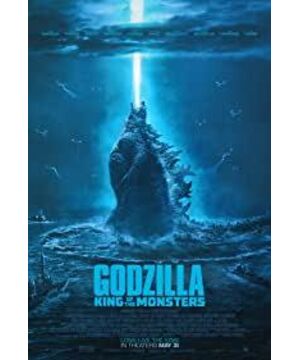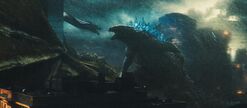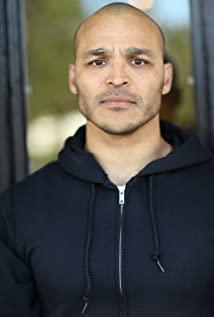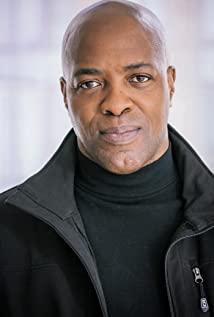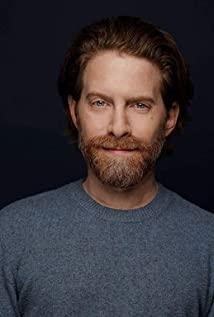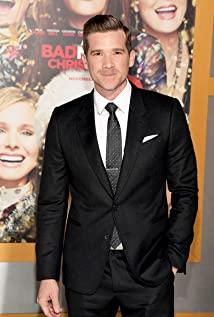I read Wang Defeng's "The Origin of Cultural Differences between China and the West" a while ago. One of the fundamental differences is that there is a fundamental gap between the understanding of the "relationship between man and nature" between Easterners and Westerners.
The general attitude in Western culture is to pursue truth, transform nature, and conquer nature. Man is the subject and nature is the object. It is the relationship between the active reformer and the passive reformed. The relationship between man and nature is an antagonistic relationship.
The general attitude in eastern culture is to revere God and pay attention to the unity of heaven and man. Humans are a drop in the ocean of all things in the world, and there is no particularity. Taoism is natural, and all laws are empty. The relationship between man and nature is unified.
This explains why the Industrial Revolution appeared in the West on the one hand, and why Godzilla appeared in the East on the other.
If we have doubts about the justice of human beings to transform nature, pursue industrialization, and pursue capitalization (this is the reflection that most eastern countries will show when they follow the Western modernization route, Japan and South Korea have developed earlier, so the reflection earlier), that is, "human beings have obtained forbidden powers that they should not have obtained", then it is natural to visualize the backlash against this as Godzilla, and thus define a series of characteristics of Godzilla:
- Godzilla is a natural existence that is neither good nor evil, or an existence beyond good and evil.
- Godzilla cannot be completely eliminated, because people cannot be completely separated from nature, and if there is nature, there will be natural disasters.
- Godzilla is the incarnation of the will of the earth, so Godzilla is also regarded as the patron saint of the earth. This concept is very similar to the concept of animism in Shintoism. Mountains have mountain gods, rivers have river gods, and the earth naturally has earth gods. .
- In "King Kong vs. Godzilla", King Kong has a friendly and equal relationship with the "innocent" human little girl.
- In Godzilla: King of the Monsters, Ghidorah's motives for destroying Earth are not fully explained. The only explanation is that Ghidorah is foreign and therefore "evil". This logic is inherently untenable, because pure xenophobia is a weakness of human nature, but it is immoral.
- In "King Kong vs. Godzilla", the man-made mechanical Godzilla who finally played the "villain", and again because of the human delusion to control the forbidden power that he should not control, was finally put on by Ghidorah.
From the above gap between East and West, it can also explain why there are so many Asian actors in "Godzilla 2: King of the Monsters". The characters played by Zhang Ziyi and Watanabe do not agree with killing Godzilla simply and rudely. Bian Qian even blew himself up to add a buff to Godzilla's blood. While the white protagonists still follow the traditional Hollywood core values of "love and family", the black supporting roles show their faces simply for the sake of showing their faces, and their presence is weaker than that of the Asian supporting roles, because the film does not require them to "love and family". ", and they don't need them to "harmony between man and nature", so black people mainly play the role of soldiers, representing "human strength" - of course, because soldiers can also let white people play, so it is better to say that this is Pure political correctness or stereotypes of black people.
Obviously, the concept of "a taboo power that human beings should not obtain" itself maintains a pessimistic attitude towards controlling and transforming nature, and at the same time has a moral criticism, and this trend of thought is from the East rather than the West.
Of course, the "forbidden power" here is not just a form of nuclear energy, but may also be other technologies, such as genetic modification, artificial humans (bionics), brainwashing, and so on. This is also the main difference from cyberpunk. The themes discussed by cyberpunk are often the original sins of capitalism such as the gap between the rich and the poor and class antagonism, while "the power of taboo" is often a broader, simpler, and more fundamental science fiction theme .
Most literary and artistic works discuss this "taboo power", and ultimately they will stand on the side of a relatively positive, conservative, and humanitarian view, such as "Westworld", and Godzilla is naturally unavoidable.
To put it more bluntly, the choice of this camp is essentially to please the public, because this view is not the truth of the world, but the expectations of the public. In the face of systemic evil, most of the public will not resist, but will "join if they can't beat it." This is the norm. Compared with eliminating social disparities, the public thinks and becomes superior to others, rather than eliminating disparities. Therefore, if a work is built on the basis of completely eliminating differences, it must be anti-mainstream morality. In the end, this form of society must be Will be overthrown, like V for Vendetta and Ripped Doom.
In other words, the public feels good to see a small group of villains "controlling the power of the taboo and being attacked", but in fact this premise is based on "I can't control the power of the taboo myself". . This small group of villains are alienated from the masses, hateful capitalists, terrorists, war madmen, cultists or aliens. This is why I feel sorry for the arrival of "Wonder Woman 1984". The villain of this movie is a collection of "mass malice" rarely seen before, the incarnation of a "rabble", not the sameness as mentioned above. The villain who is separated from the public is a relatively profound theme, but unfortunately it was a mess in the end.
And if the public has the possibility to control the power of the taboo, it is hard to say what kind of behavior he will do. In my opinion, most people don't care about being backlashed, but they want to have a good time and become a superior person. There are very few works that can dissect this layer, which is one of the key reasons why "Batman: The Dark Knight" is a good work. When we watch the brawny black prisoner throw the detonator out of the porthole, the celebration of the brilliance of human nature is infallible.
In the final analysis, Godzilla actually represents the original sin of modern human beings, and the reason why it can become the original sin is because the public’s expected relationship between man and nature has deviates from the actual relationship, so Godzilla has become an imaginary god. Punishment, to correct things to "the way they should be", although this is complete obscenity.
Although the idea of pleasing the public is popular, it is also destined to be shallow and cannot become the best art. There are many unpopular masterpieces on the market that have a profound analysis of human nature, but as creators, everyone must be pursuing works such as "Batman: The Dark Knight" that take into account both the popular and the profound.
View more about Godzilla: King of the Monsters reviews


